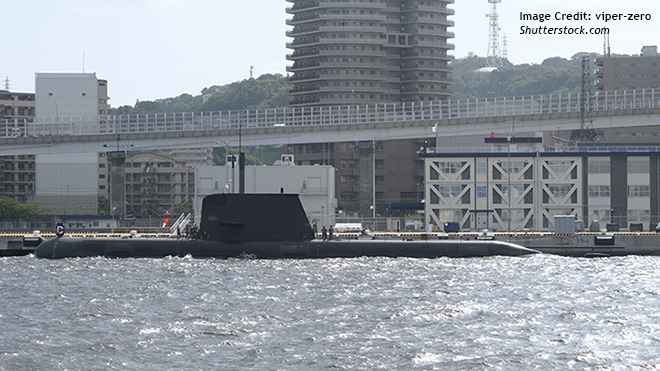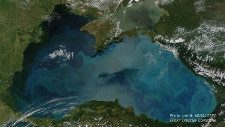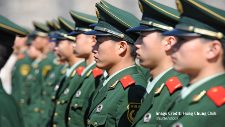The role of the People’s Armed Forces Maritime Militia: Implications for Maritime Security and European interests

Niklas Swanström
With one of the largest fishing industries in the world, China boast around 564,000 vessels accounting for roughly 15 percent of the global fish supply. Despite a significant reduction from its peak in 2013, when China had approximately 1.07 million fishing vessels, the industry remains formidable mainly due to the deployment of larger, more modern ships capable of operations over vast distances. In addition to commercial fishing, China has constructed the world’s largest deep-sea fishing fleet, with an estimated 3,000 ships operating globally, often near or within other nations’ exclusive economic zones. However, within this expansive industry lies a specialized and strategic component.
China’s fishing operations are not merely commercial endeavors, as the fleet also serves to assert Chinese maritime claims and convey political messages and operating under military instructions. A significant component of this strategy is the People’s armed Forces maritime Militia (PAFMM), which functions as a military auxiliary force tasked with collecting military intelligence when deemed necessary. Albeit the PAFMM operates under the guise of commercial entities, in practice it also conducts military-like operations and is mainly concentrated in key areas such as the South and East China Seas, even during peacetime. This dual role of the PAFMM distinguishes it from the main standard Chinese fishing vessels which primarily focuses on commercial fishing.
Despite the multifaceted capabilities on paper, the training and order structure of the PAFMM is problematic, as military training and guidance remains inadequate despite continuous political instructions and sentiment. More importantly, the ambiguity in their legal status poses potential dangers and raises concerns about their current and future operations, especially as the PAFMM should be held to the same standards as the Chinese People’s Liberation Army Navy (PLAN) and China Coast Guard (CCG), and not operate under different regulations. Moreover, when looking at the bigger picture, China’s refusal to recognize Maritime borders established by the United Nations Convention on the Law of the Sea (UNCLOS) complicates the situation further as it undermines international maritime laws and norms. As such, an un-regulated auxiliary force has negative implications of Chinas fishing operations and their militarization has increased impact on not only global maritime security, but also economic stability.
This paper by Niklas Swanström explores the multifaceted role of China’s fishing fleet, particularly the PAFMM, and its implications for international security. This paper examines its role and implications for international order security, but also sets elements for Europeans and other regional actors to face this new form of naval warfare.
Related Publications
-
Needed, a Framework to Protect Undersea Cables
In the data-driven world we live in, submarine cables are the arteries that connect nation-states and their people in literally every human activity, including trade, commerce, entertainment, and social interactions. […]
-
China as a Black Sea Actor: An Alternate Route
China’s international role has expanded rapidly in the last decades, and the Greater Central Asian region, Europe, and the Middle East, to which the Black Sea region (BSR) connects, are […]
-
AUKUS, Advanced Capabilities and Defense Integration in the Indo-Pacific
Nearly two years on from the inception of AUKUS in September 2021, the contours of this strategic partnership have begun to take a more concrete shape. Specifically, the roadmap for […]
-
ASEAN’s Evolving Alignment Strategy in the South China Sea: Between Middle and Major Power Dynamics
ASEAN is a region of vital strategic importance where the United States’ Indo-Pacific strategy and China’s Belt and Road Initiative (BRI) collide. To avert geopolitical uncertainty and to avoid being […]
-
Military-civil Fusion is a key Chinese Strategy with long-term Implications: An Interview with Jingdong Yuan and Yifei Zhu
The People’s Liberation Army (PLA) of China is undergoing a significant strategic transformation, prioritizing modernization through the integration of advanced technologies into its military capabilities. In recent years, the PLA […]



